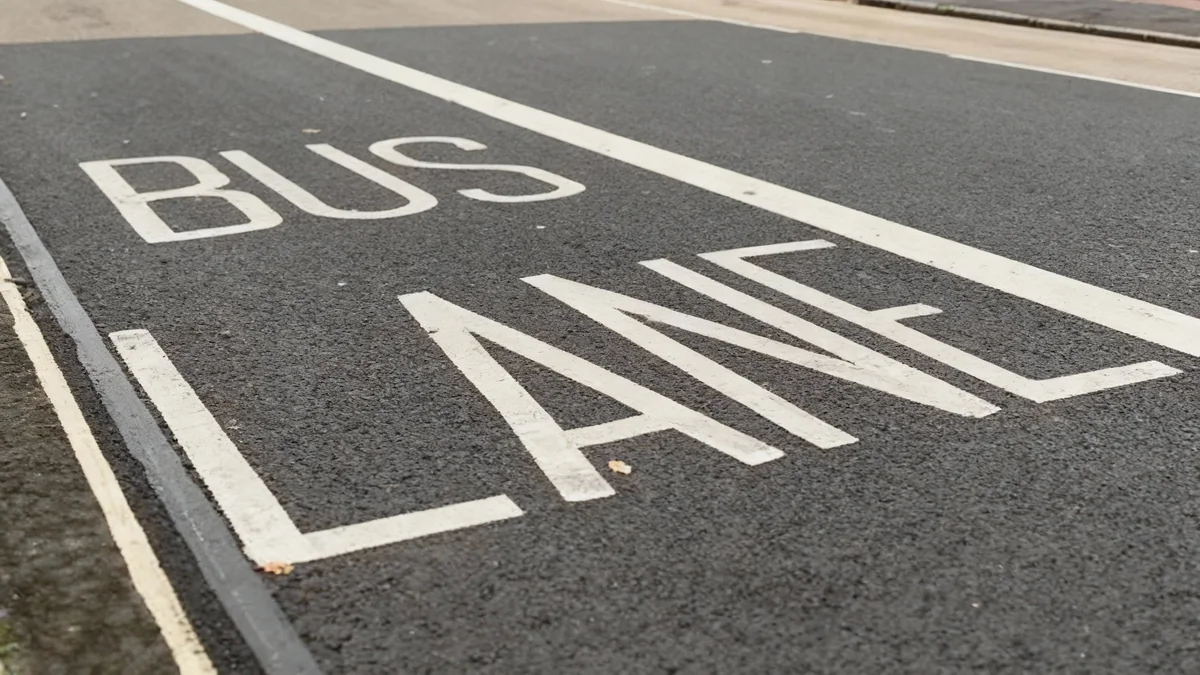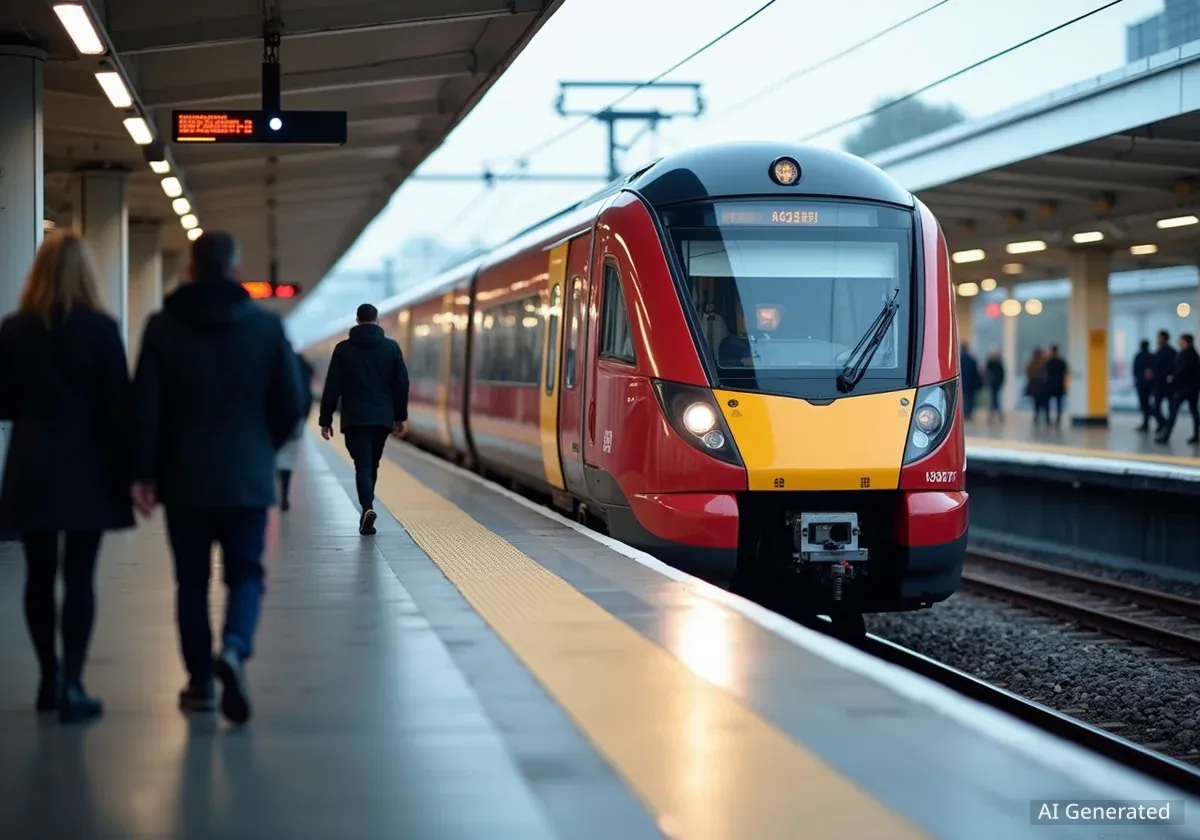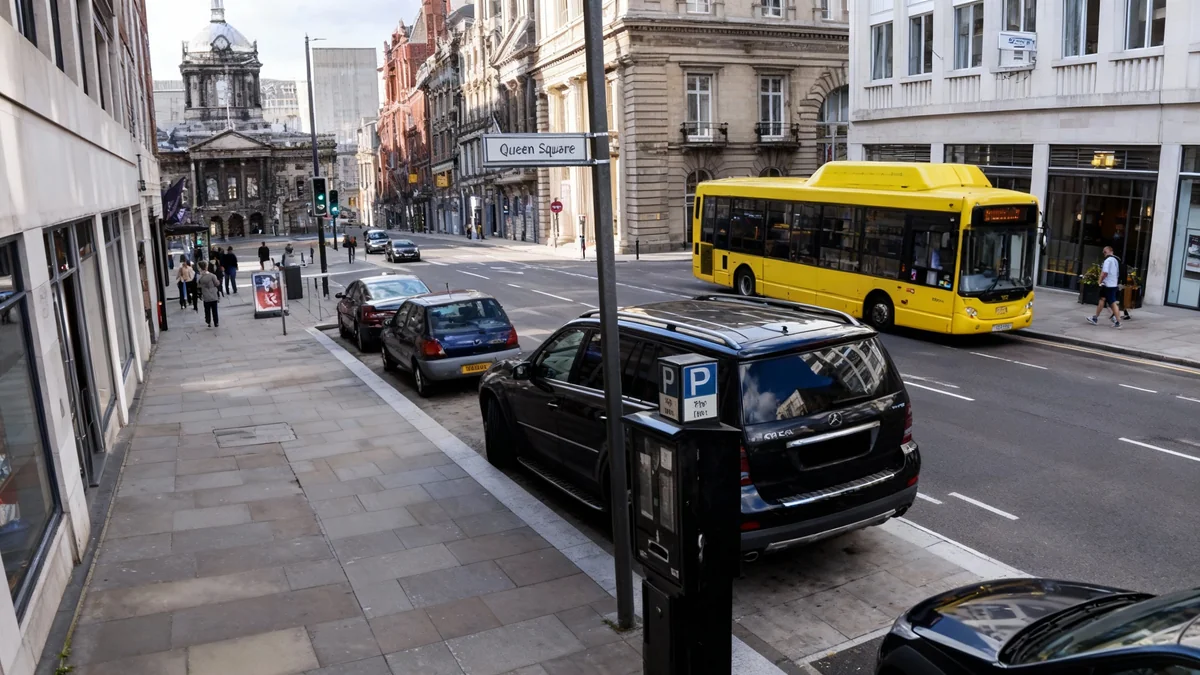Liverpool City Council has received a prestigious national award for its comprehensive road improvement scheme, the Highways Investment Programme (HIP). The council's Transport, Highways and Parking team was recognised for its successful collaboration with private sector partners, earning the Collaborative Partnership Award at a ceremony hosted by the Department for Transport.
Key Takeaways
- Liverpool City Council won the Collaborative Partnership Award at the Department for Transport Special Recognition Awards.
- The award recognises the success of the multi-million pound Highways Investment Programme (HIP).
- Key achievements include resurfacing over 100,000 square metres of roads and installing over 100 new pedestrian crossings.
- The program also created 19 jobs for long-term unemployed individuals and supported 163 weeks of apprenticeships.
- Sustainable methods, including recycled materials and electric vehicles, were used in heritage areas.
National Recognition for City's Highways
The award was presented on Wednesday, 1 October, at an event hosted by the Local Council Roads Innovations Group (LCRIG). The ceremony celebrated excellence in transport and infrastructure projects across the country.
Liverpool's entry, the Highways Investment Programme, was praised by judges for its comprehensive approach and significant social impact. The panel described the project as ‘very strong’ with ‘all the elements’ required for a successful initiative.
A Collaborative Effort
The HIP was delivered through a partnership between Liverpool City Council and several key engineering and construction firms, including Dowhigh, Huyton Asphalt, Colas, Mott Macdonald, AECOM, Wilde Consulting Engineers, and Amey. This joint approach was central to the program's success.
Judges specifically highlighted the project's social value, noting it was ‘strong on social value delivery across a range of outcomes, particularly apprenticeship and long-term unemployed.’
Inside the Highways Investment Programme (HIP)
The multi-million pound initiative was implemented in two major phases, focusing on improving the safety, accessibility, and sustainability of Liverpool's road network. The program delivered a wide range of tangible improvements across the city.
Road Resurfacing and Pedestrian Safety
A primary goal of the HIP was to upgrade the quality of road surfaces. According to the council, the program has successfully resurfaced over 100,000 square metres of roads, equivalent to more than 14 professional football pitches.
Pedestrian safety was also a key priority. To enhance accessibility, more than 100 tactile crossings were installed, helping visually impaired individuals navigate streets more safely. Additionally, extensive work was carried out to fix flags, curbs, and drainage systems to create safer pavements for everyone.
HIP by the Numbers
- 100,000+ square metres of roads resurfaced.
- 100+ tactile pedestrian crossings installed.
- 19 jobs created for long-term unemployed residents.
- 163 weeks of apprenticeships provided.
Sustainable and Heritage-Focused Works
The program demonstrated a commitment to environmental sustainability and preserving the city's unique character. On heritage streets like Blackburne Place in the Georgian Quarter, special care was taken to use appropriate and eco-friendly methods.
These methods included the use of recycled asphalt and other bio-materials. The project also deployed electric plant vehicles to reduce noise and air pollution in residential areas, aligning with the city's broader climate goals.
Boosting Cycling and Active Travel
To encourage more people to cycle, the HIP invested in creating and upgrading cycling infrastructure. Significant improvements were made to the Loop Line, a popular traffic-free route for cyclists and walkers.
In addition, a new bike track was constructed in Everton Park. This facility was specifically designed to provide a safe space for young people to learn how to ride their bikes, promoting active lifestyles from an early age.
Creating Local Jobs and Opportunities
Beyond the physical infrastructure improvements, the Highways Investment Programme delivered significant social benefits for the local community. The collaborative model ensured that the investment created valuable employment and training opportunities for Liverpool residents.
A total of 19 long-term unemployed individuals secured positions through the program, providing them with stable employment and new skills. Furthermore, the initiative supported 163 weeks of apprenticeships, giving young people a crucial start in the construction and engineering industries.
Councillor Dan Barrington, Cabinet Member for Transport and Connectivity, commented on the award and the program's impact.
“We’re delighted to have received the Collaborative Partnership Award at this week’s event. This recognition is a testament to the hard work, innovation, and shared commitment of everyone involved in the Highways Investment Programme, from our dedicated council teams to our fantastic delivery partners.”
He added, “The programme has not only improved the quality and safety of our roads, but it’s also created jobs and apprenticeships for local residents.” The award serves as national validation of the city's strategic approach to investing in its infrastructure while simultaneously boosting the local economy and workforce.





